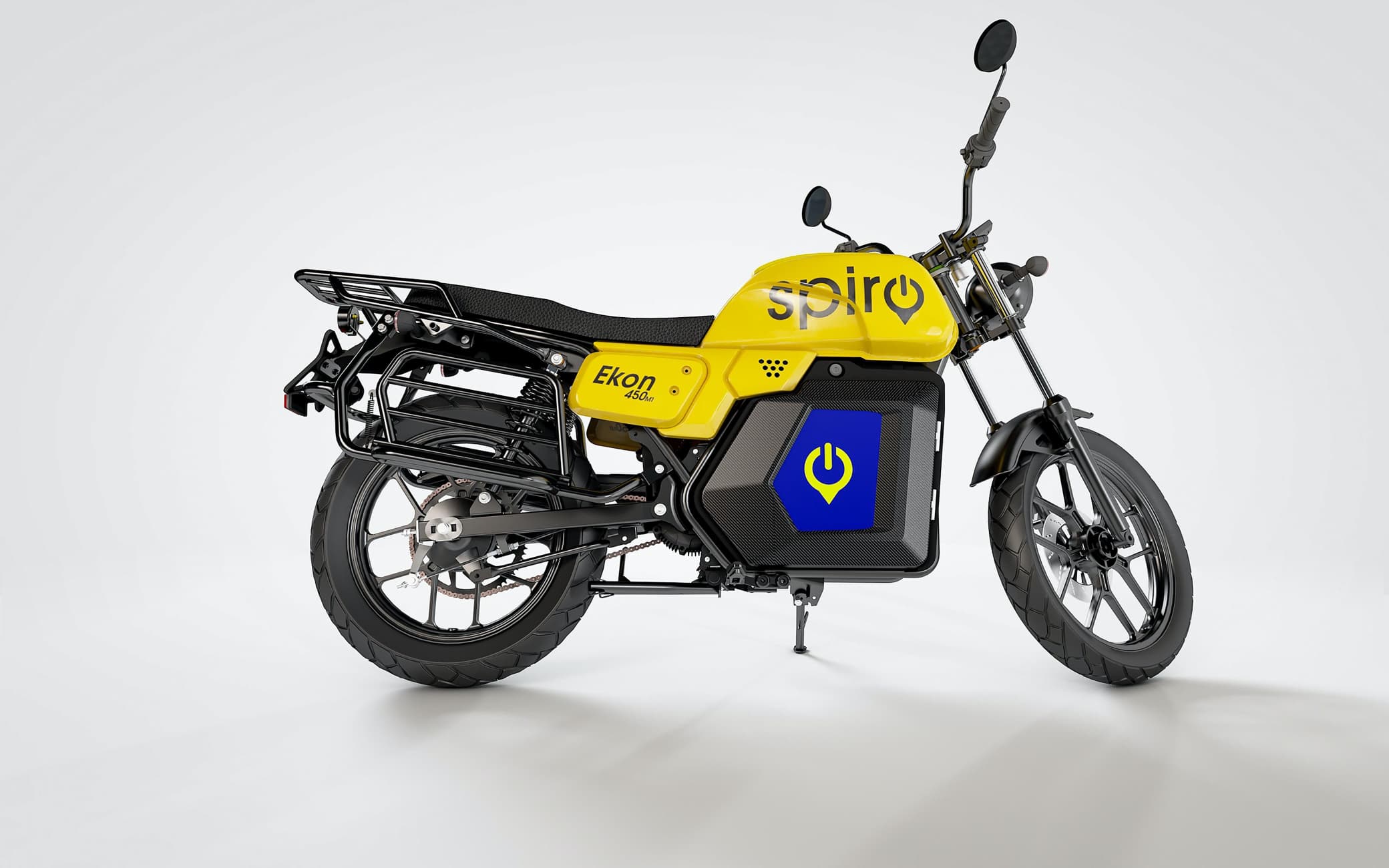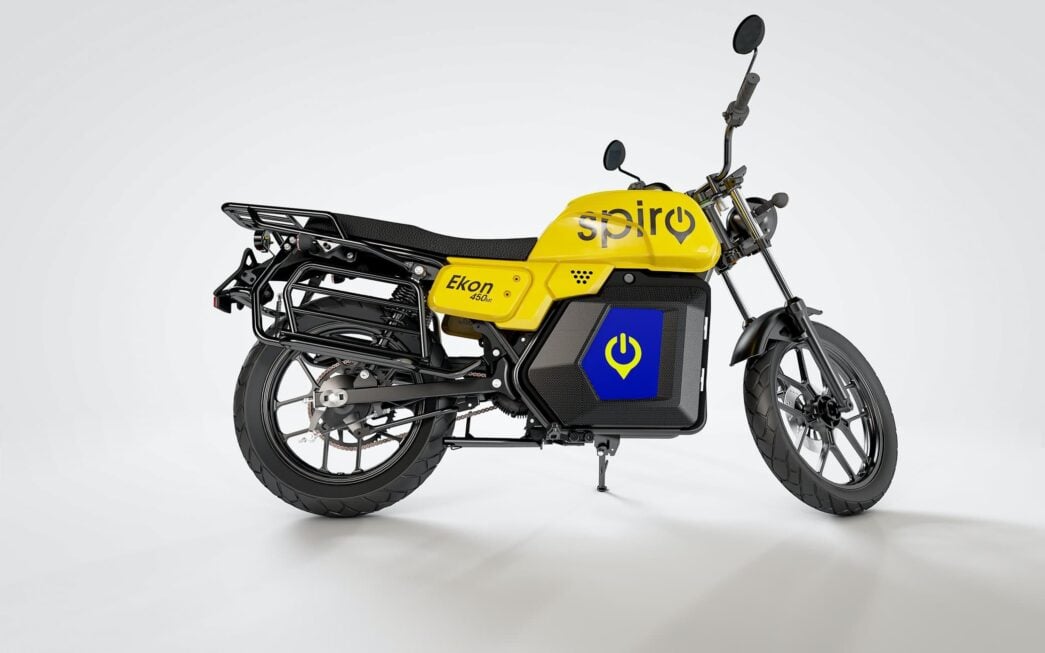In Nigeria, small and medium-sized enterprises (MSMEs) are widely regarded as the backbone of the economy. They account for nearly 90% of businesses and contribute significantly to employment and GDP. From logistics startups and delivery services to mobile food vendors and retail outlets, these businesses drive local commerce and provide livelihoods for millions. Yet, despite their critical role, MSMEs often face daunting challenges—top of them all are high operational costs, unreliable transportation, and limited access to affordable infrastructure.
Spiro’s efforts to power small businesses in Nigeria through electric mobility represent a significant development not only within the country but also within a broader global framework of sustainable transportation and economic empowerment. The shift to electric mobility in Nigeria, as driven by Spiro, mirrors a worldwide trend where governments, companies, and communities are increasingly embracing green transportation solutions to combat urban pollution and mitigate climate change.
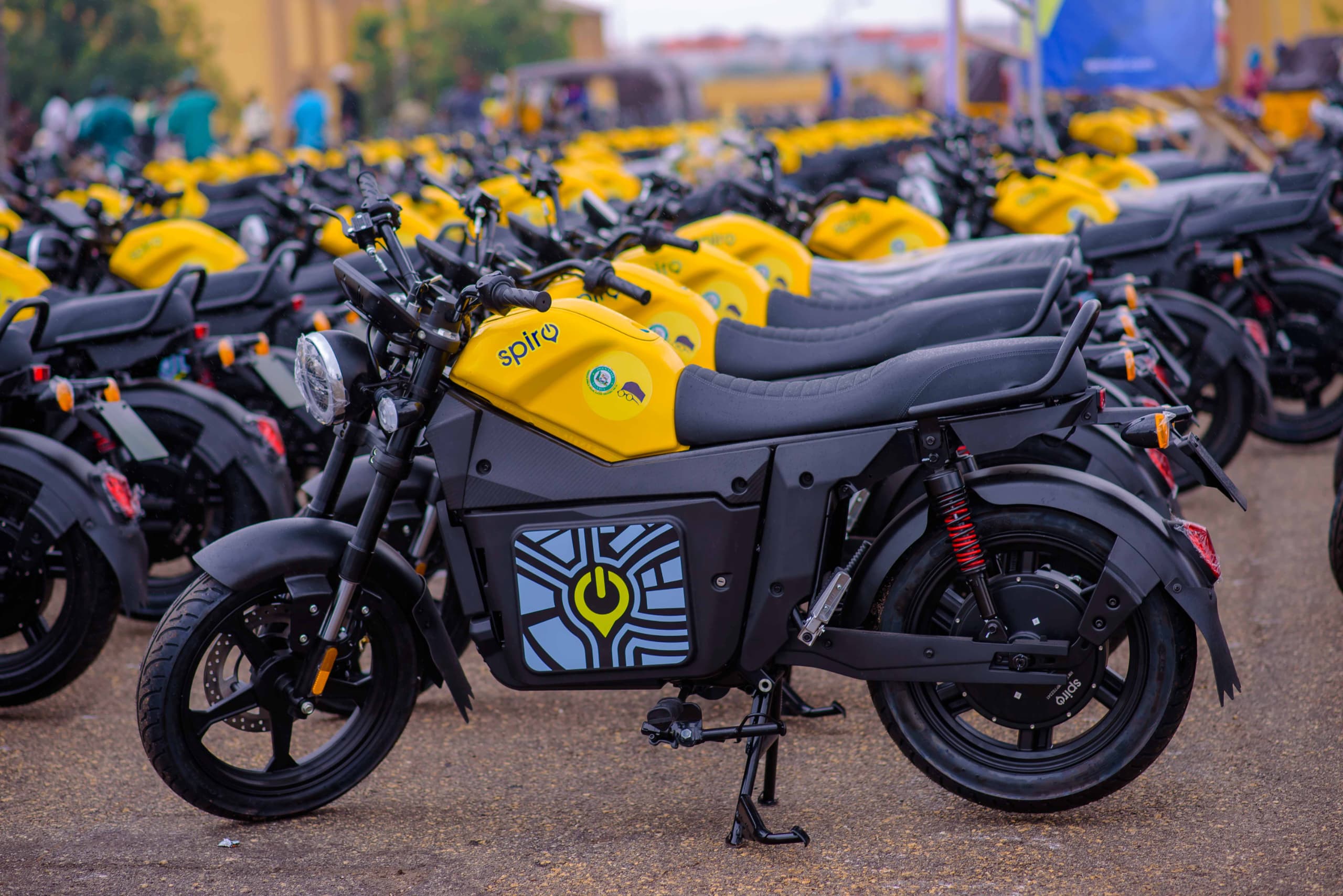
Electric bikes, with their lower emissions and reduced noise pollution, contribute to healthier urban environments, which is a pressing need in many congested cities globally. Spiro’s cost savings of up to 40% on daily commutes and maintenance also highlight how eco-friendly solutions can align with economic sustainability, which is crucial for small business owners working on narrow margins.
Innovative aspects of Spiro’s approach, such as their battery swapping infrastructure and strong local partnerships, reflect proven strategies seen in other parts of the world, including Asia and Latin America. These partnerships not only provide vital technical support and rider training but also build a reliable network that alleviates the typical range anxiety associated with electric vehicles. By creating these comprehensive ecosystems, Spiro ensures that entrepreneurs experience minimal downtime and maximum productivity, reinforcing the viability of electric bikes as dependable tools for business.
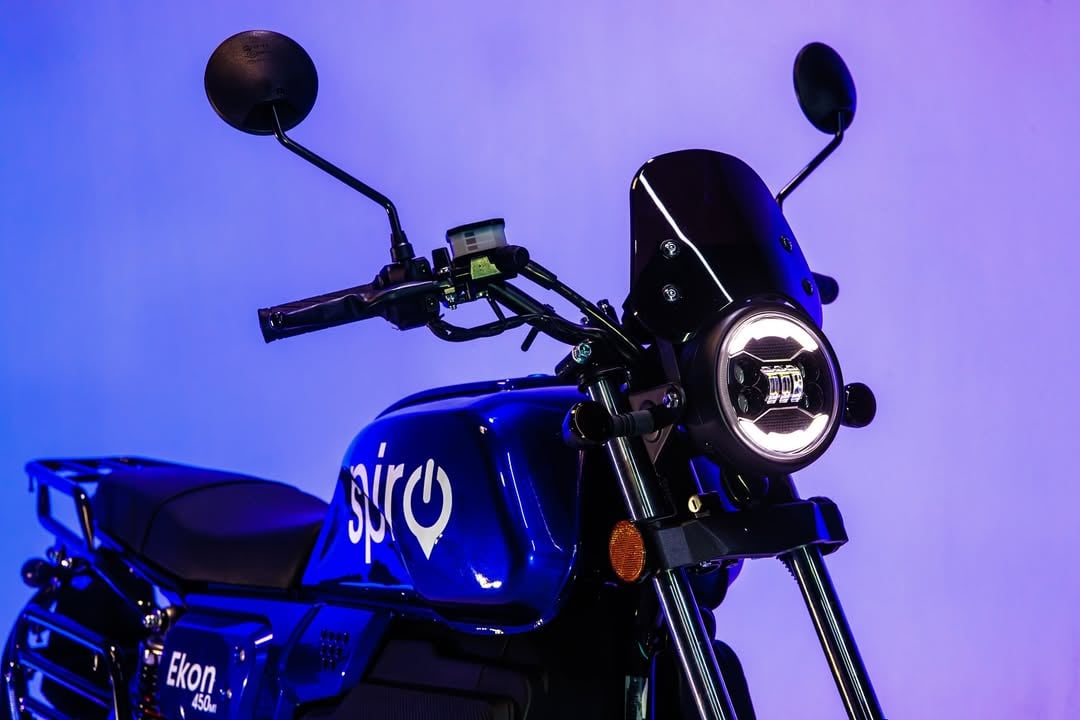
One of the most pressing issues for MSMEs is the rising cost of fuel. With petrol prices fluctuating and often surging, entrepreneurs who rely on motorcycles for deliveries and daily operations are feeling the pinch. Spiro’s electric bikes offer a compelling alternative. By eliminating the need for fuel, riders can save significantly on daily commuting expenses.”
Beyond fuel savings, electric bikes also offer reduced maintenance costs. Fuel motorcycles require frequent servicing, oil changes, and part replacements, which can be both time-consuming and expensive. Electric bikes, on the other hand, have fewer moving parts and are less prone to mechanical failures. “On the economic side, we have riders who are saving more money, which is very important for the daily cost of running,” Rahul Gaur, Spiro’s West Africa Cluster Director.

To further support small businesses, Spiro has established strategic partnerships with local organizations and stakeholders. These collaborations enable the company to offer comprehensive services, including rider training, technical support, and battery swapping infrastructure. Partnerships with companies such as ZOOMe, YourRider, Dot, Onocon, and Max help deliver sustainable transportation solutions across Nigeria. These alliances eliminate range anxiety, increase savings, and give riders more control over their earnings.
For delivery riders, logistics firms, and entrepreneurs, such savings can mean the difference between barely getting by and building a sustainable livelihood. Beyond cost, Spiro’s model of battery-swapping stations and after-sales support provides reliability in a market where downtime is costly.

Spiro’s footprint in Nigeria is expanding rapidly. With around 40,000 bikes deployed across Africa, 60,000 batteries in circulation, and more than 21 million battery swaps completed, the company has already established a strong presence in seven Nigerian states: Lagos, Ogun, Abuja, Taraba, Nasarawa, Niger, and Gombe. Expansion plans are underway to reach additional states, including Oyo, Kaduna, and Ondo, further extending Spiro’s impact.
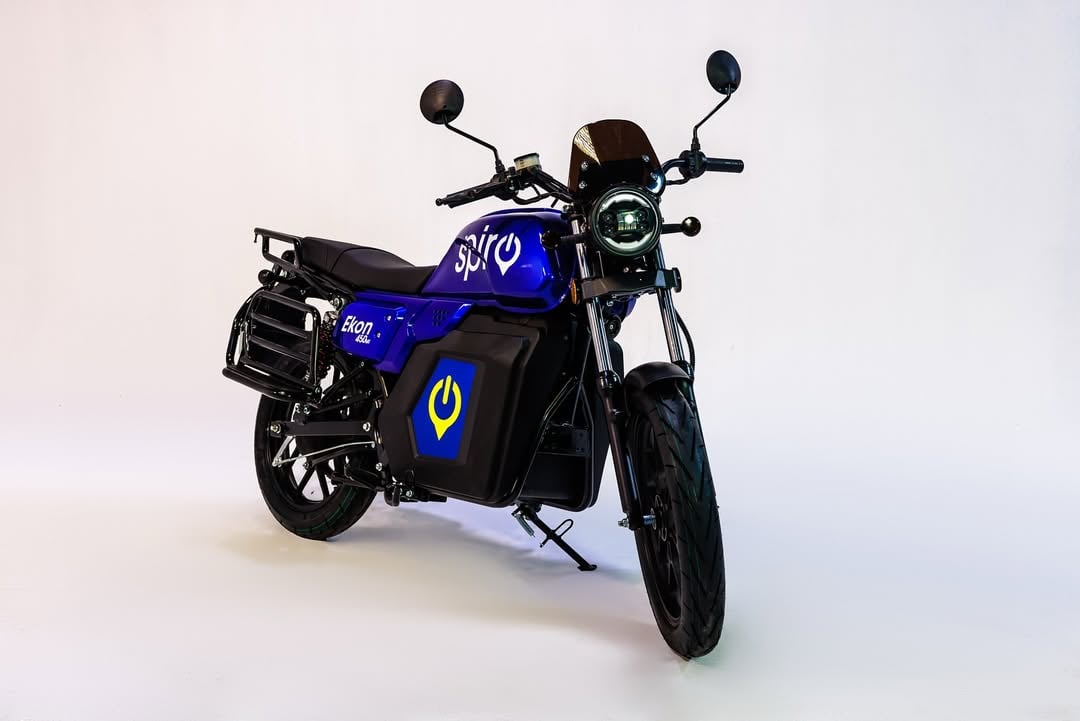
As Spiro continues to expand its presence within Nigeria other African markets, it stands as part of a larger movement redefining how emerging economies approach transportation challenges. Rather than simply providing an alternative to petrol-powered motorcycles, Spiro is helping to build a framework where small businesses can thrive through lower operational costs, enhanced productivity, and cleaner environmental practices. This aligns with global efforts to integrate sustainability with economic development, demonstrating how innovative mobility solutions can transform lives and communities one ride at a time.
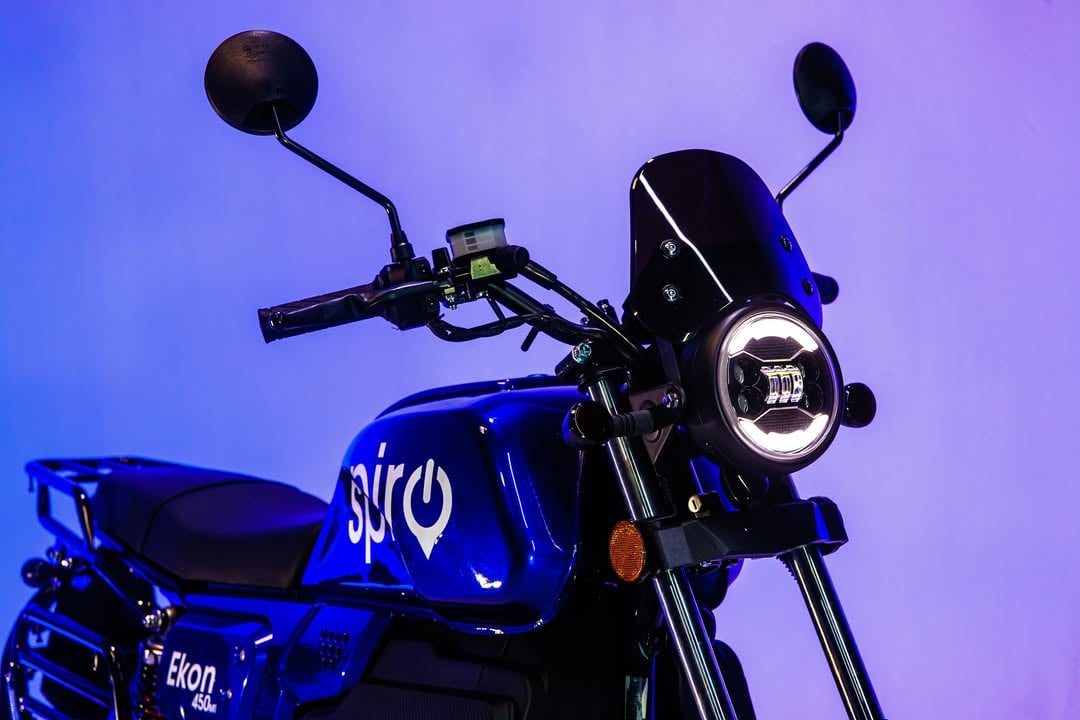
Spiro’s impact transcends Nigeria’s borders, offering a compelling example of how electric mobility can catalyze economic opportunity, environmental responsibility, and infrastructure innovation around the world. By addressing the unique needs of MSMEs with practical and affordable solutions, Spiro is contributing to a future where sustainable transport is not a luxury but a foundation for resilient, inclusive economies in Africa and beyond.
